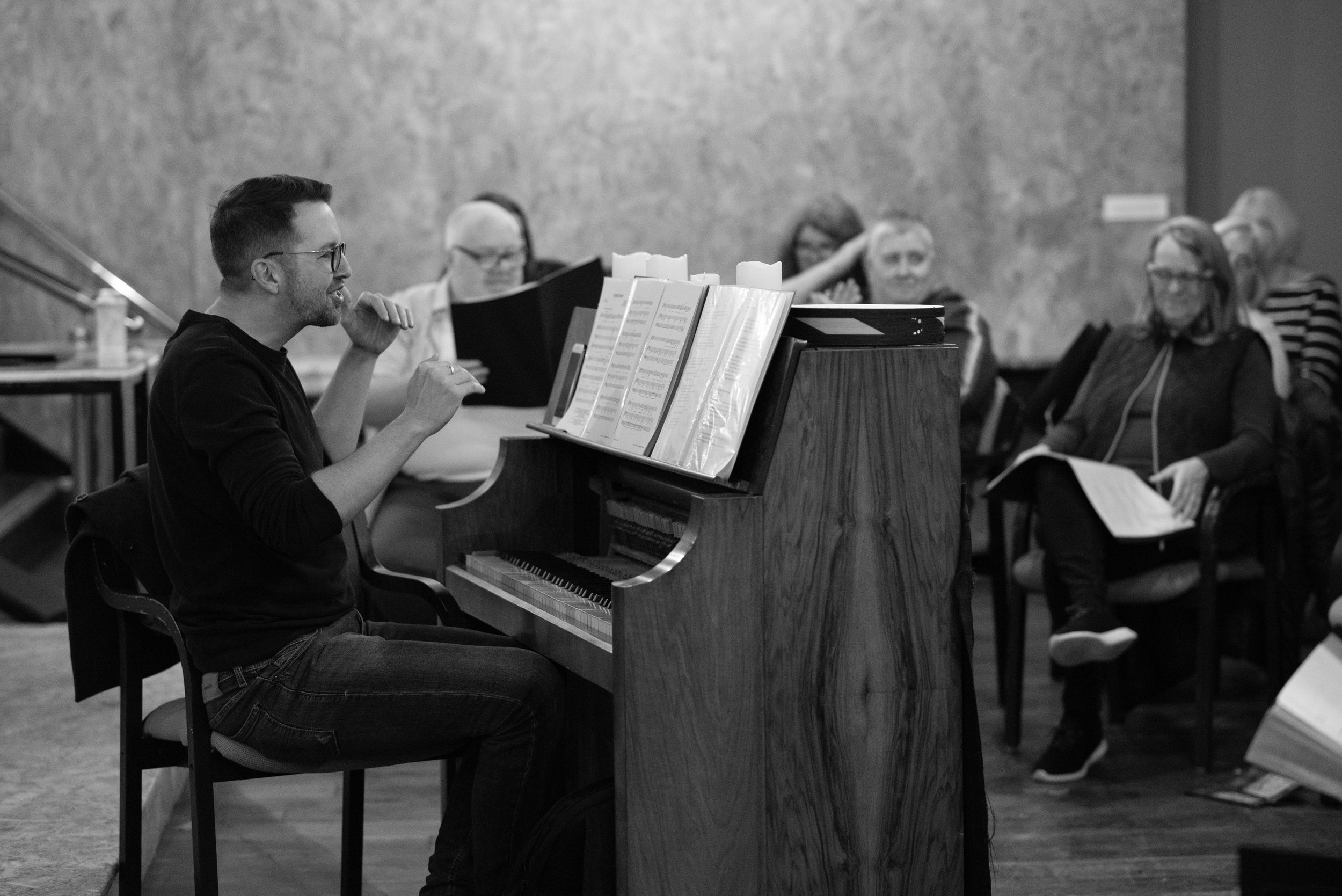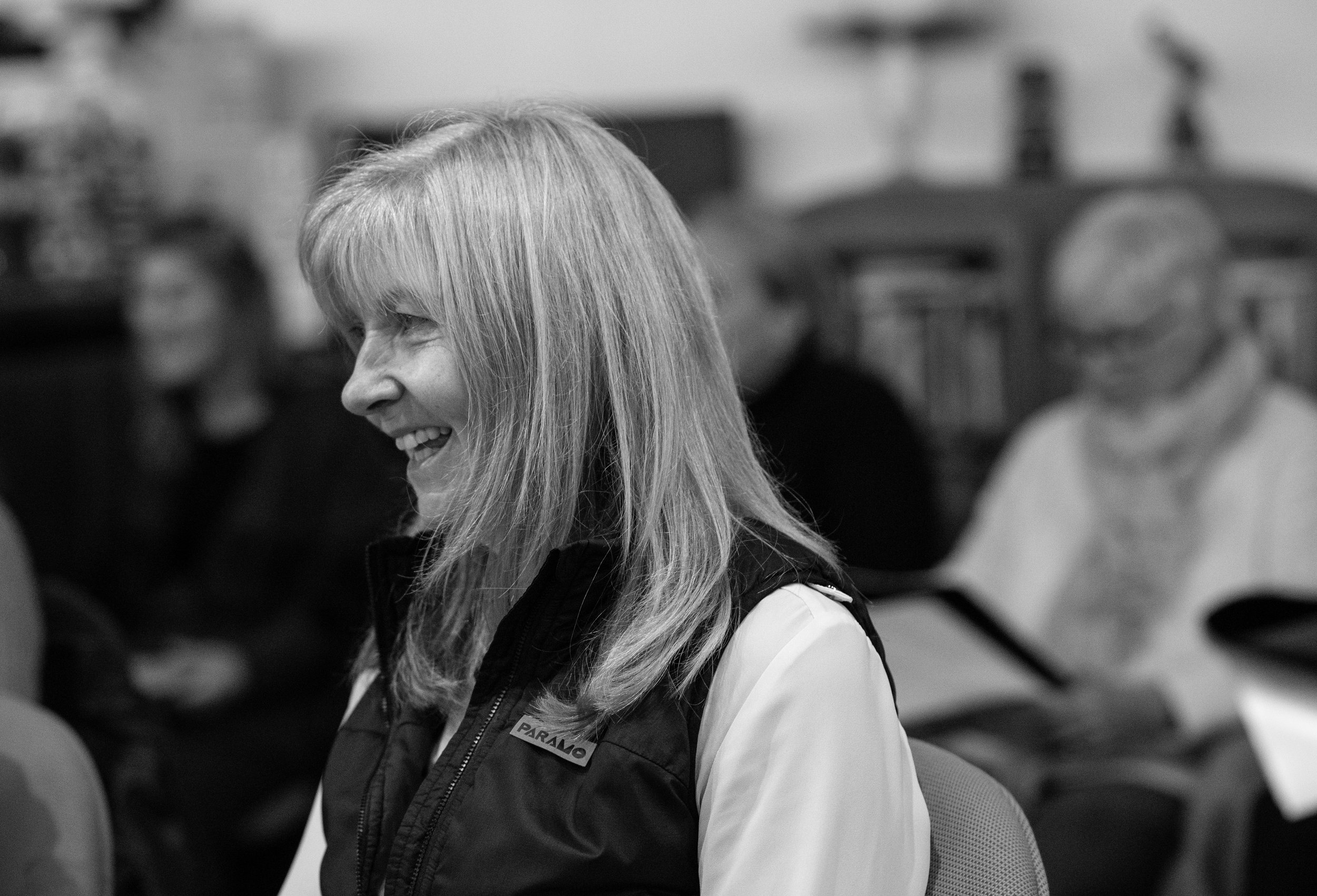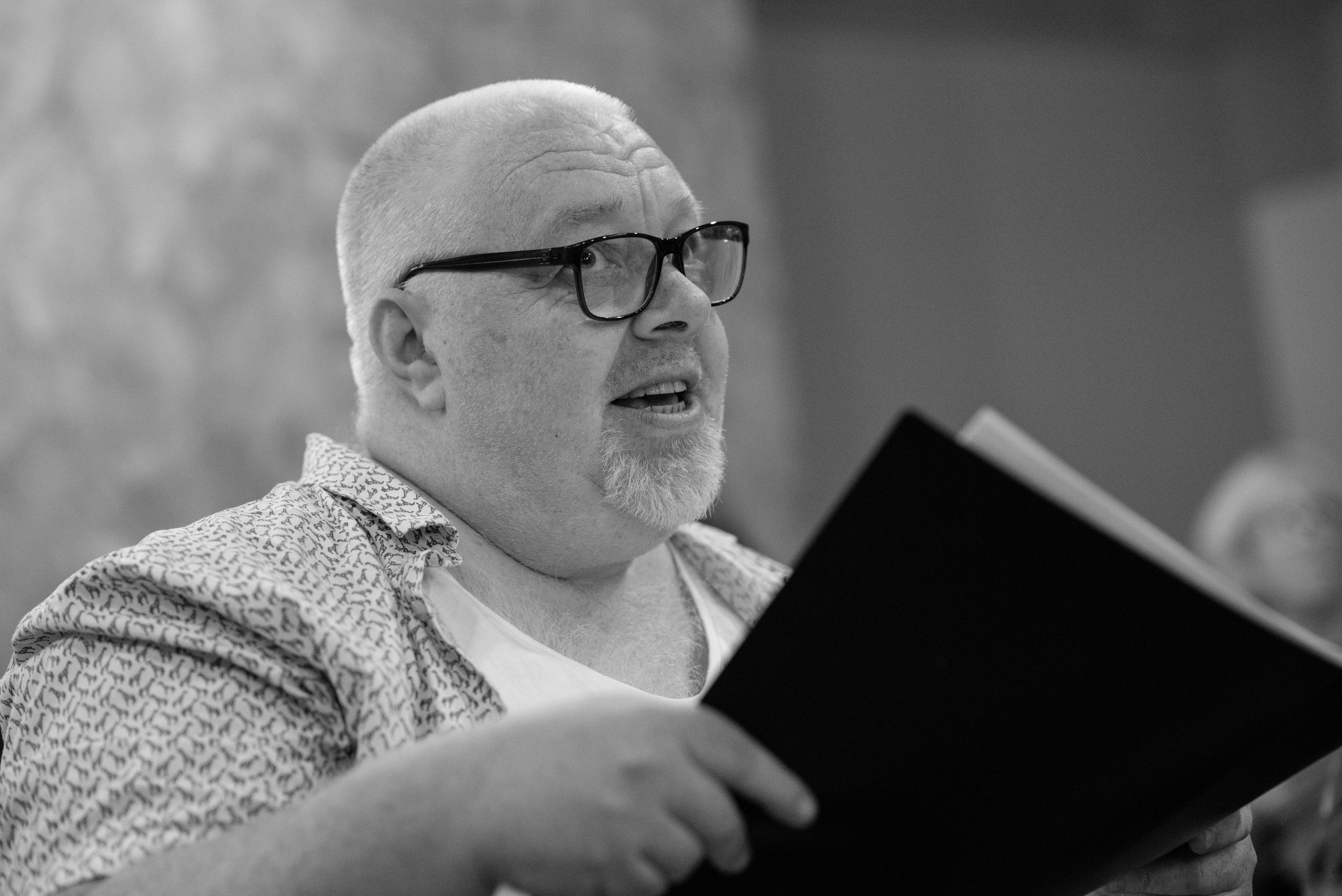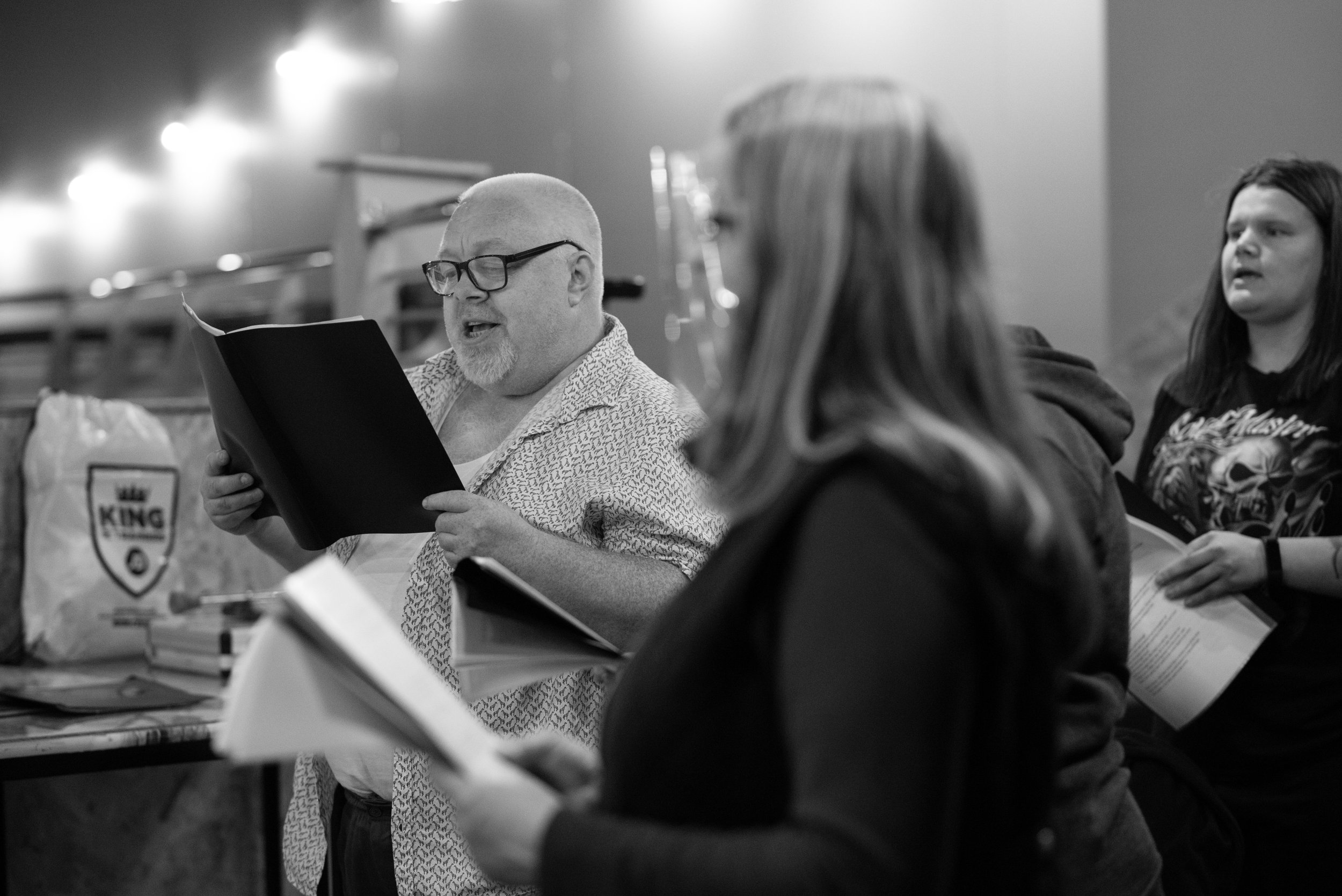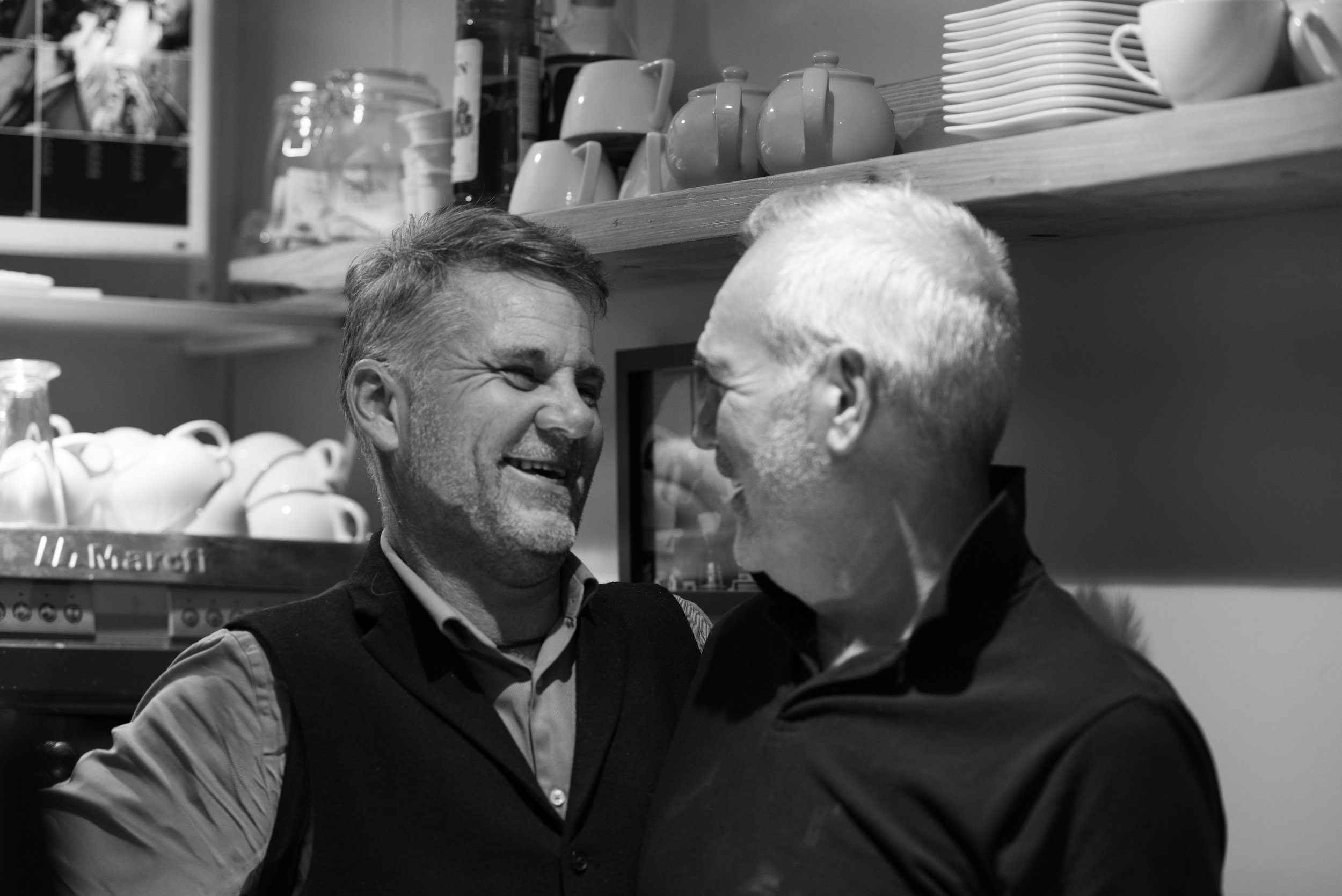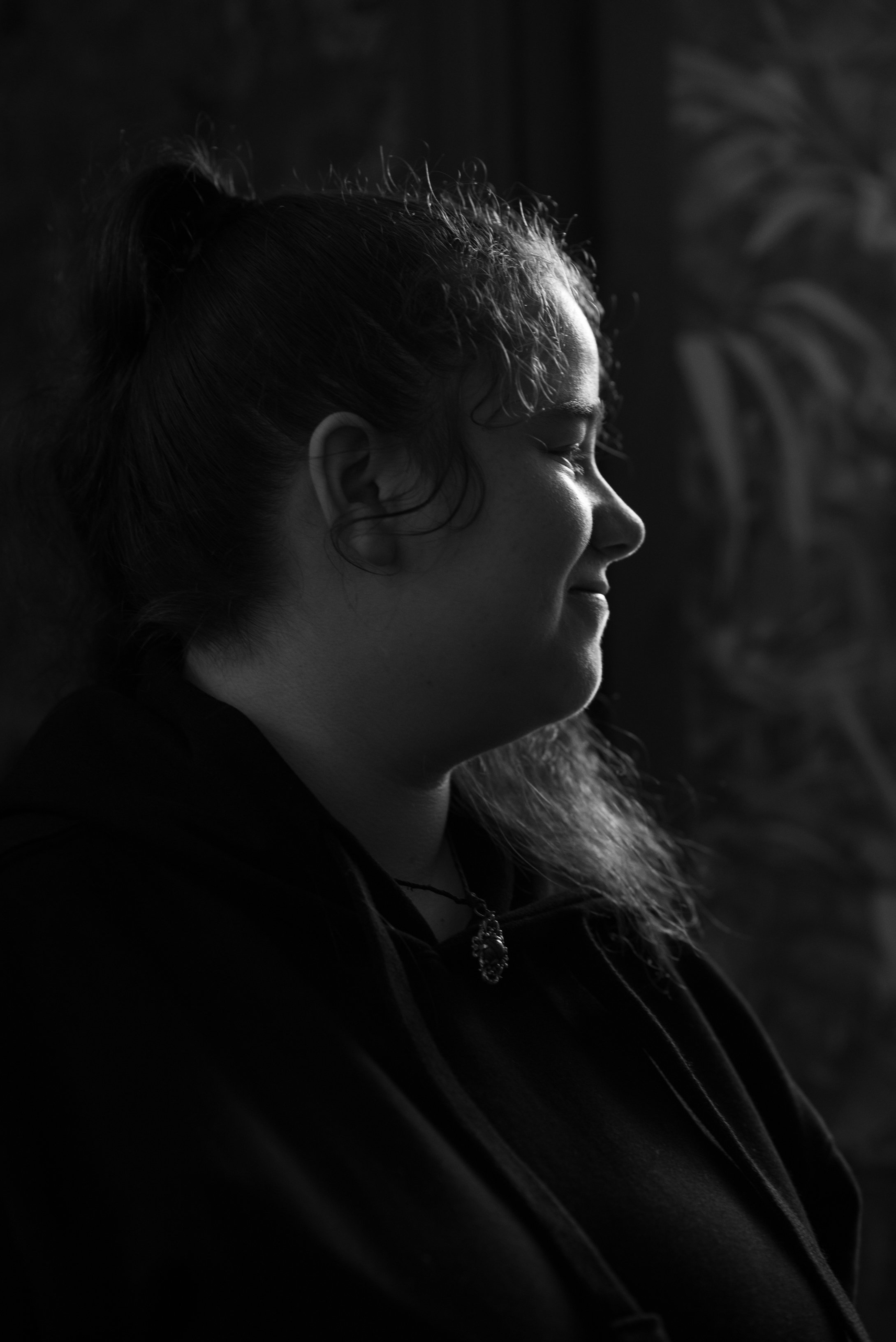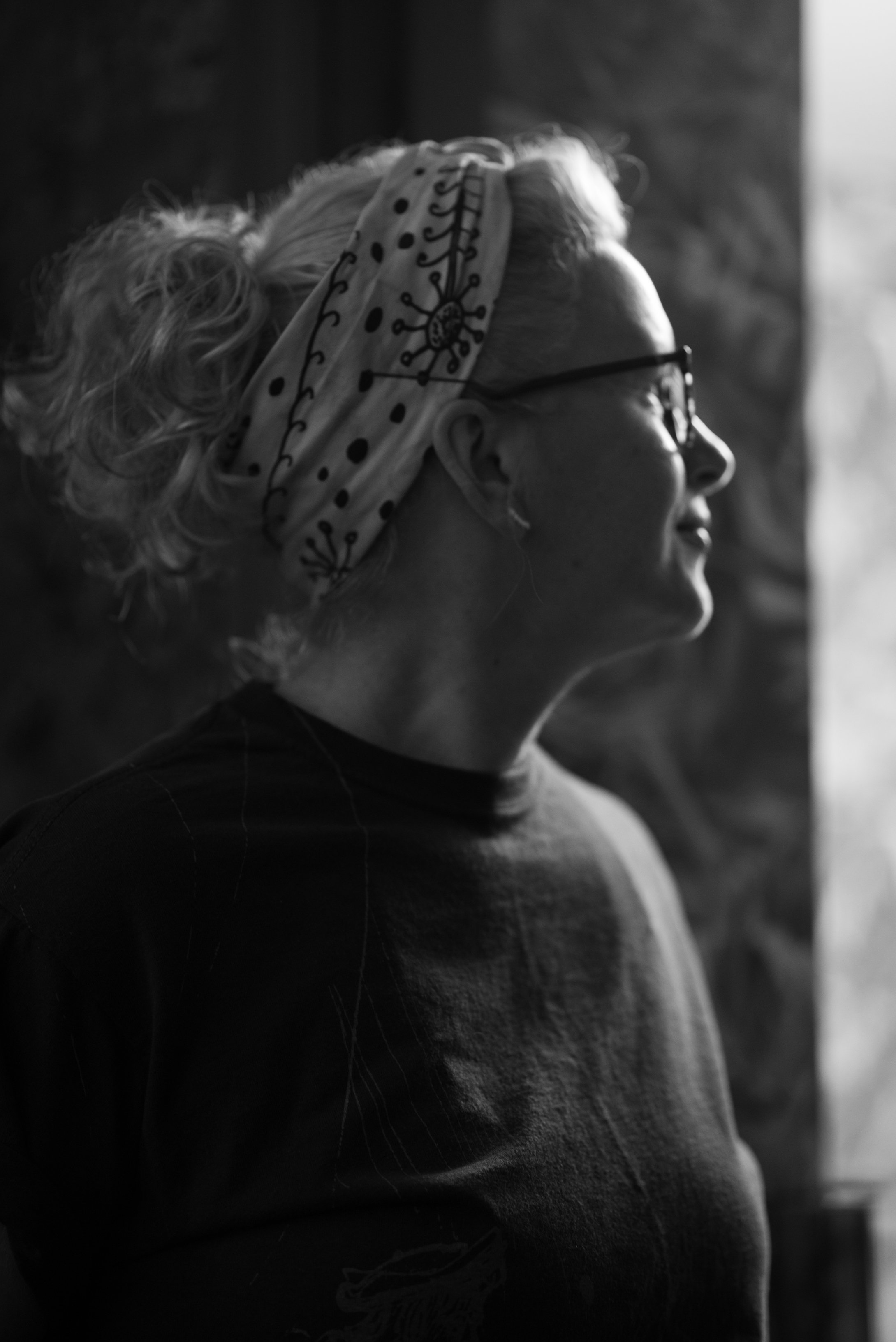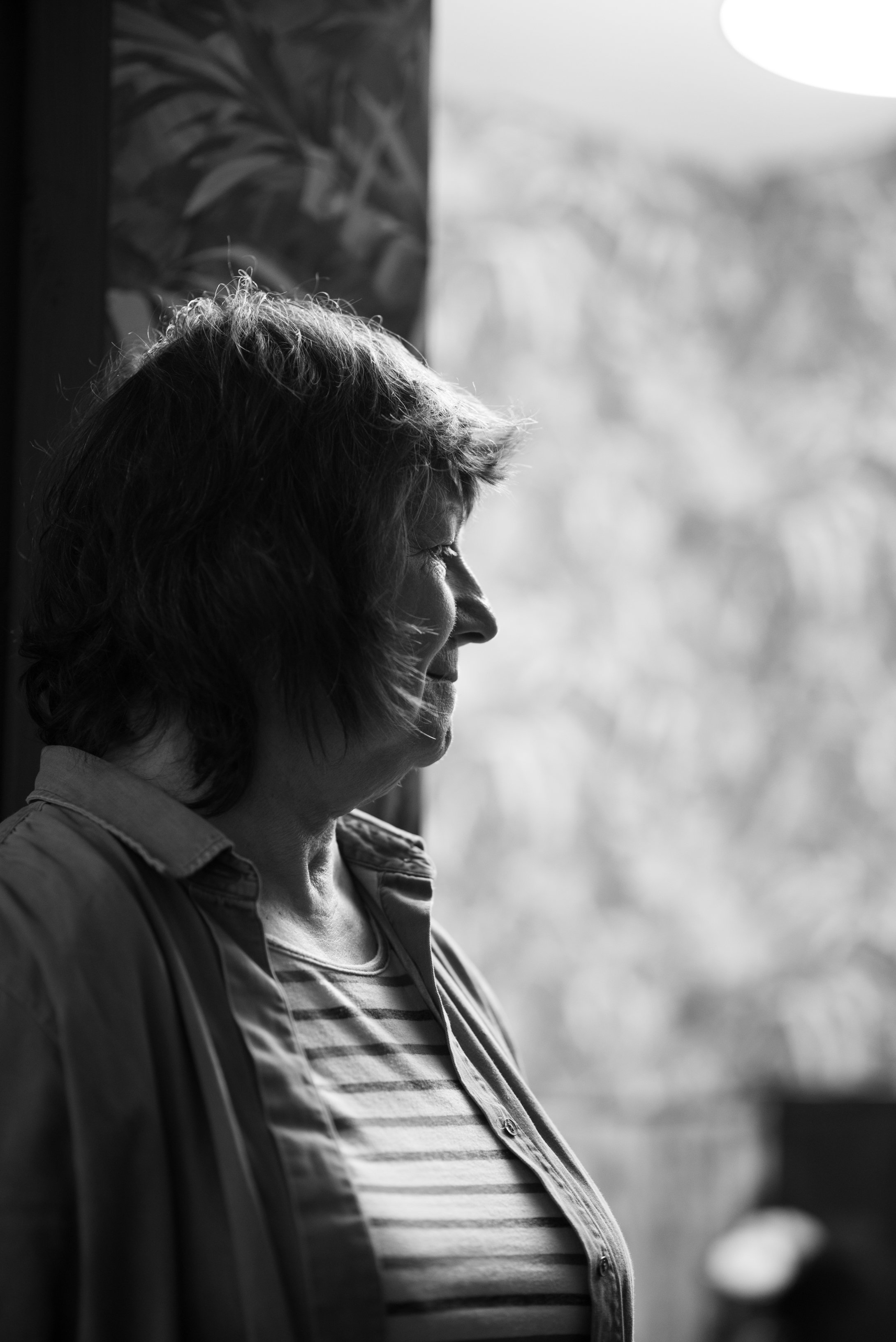I came across a recent term after beginning to read “Why Culture is Bad for you” mentioned by the BBC Sounds Podcast https://www.bbc.co.uk/sounds/play/m000zdv1 Culture and Privilege.
I fell down a hole as I discovered elements of discussions online of stigma of place or territorial stigmatisation. How residents in areas that have been highlighted with “problems”, hide postcodes or if your accent really did stand out in that zoom session, how you may have attempted to change it.
How culture and participation are measured. Gimme’ a DIY culture any day — is that what we call community?
Blackpool is known as a place for tourism. Tourism and culture, culture and tourism. I wonder a lot about how that makes residents feel. The barriers that residents might face in a place built for visitors. I feel like I am repeating myself but creativity can be expensive.
Territorial Stigmatisation made me think a lot about language and labels “How easily can we call to mind, irrespective of our geographical locations or professional roles, those places, neighbourhoods, or communities that are the butt of jokes and stereotypes, that are subjected to a repeated ‘punching down’ because of their associations with the presumed sins and failings of poverty?”
As a local sandwich shop owner once told me - he trades in Blackpool but he lives in Lytham, as he gave me a wry smile
The idea that territorial stigmatisation isolates, but we are often not aware we are doing it or having it done to us. Those uncomfortable feelings you might have felt when you stepped in an oh so quite art gallery for the first time or your connection to an area which might be described as problematic — those feelings of getting it wrong.
Shouldn't we all have access to creativity, surely its part of the human condition. Creativity might be sold to us mere mortals though as being a luxury, expensive, risky, and ruled by gatekeepers with the right confidence and connections, not for the working classes. Do we overlook that we the working-class communities have our own culture, customs, capabilities and knowledge.
I worked as a cleaner when I studied art and there were clear power structures amongst that cleaning team. I guess we have all been brought up on hierarchies — humans jostling for position to achieve, even if that does distill down to who gets to use the best feather duster. The UK is after all ran on meritocracy the ultimate hierarchy.
Tell us what to do, here where the land stops and the promise of illuminated lights speak of something super cheery that we cannot quite put our finger on but it seems hopeful.
Seems a good time to mention a young person who attended one of my workshops last week. Alongside encouraging young folks to photograph I use a variety of questions — literally to open up conversations in workshops. I think the question was “What would you change about the world?” She replied, get rid of exams.
My nephew describes high school in Blackpool akin to being in the army. No room for discussions, no space for creativity with his own perception of art being he cannot do it, lots of rules and teachers not staying long enough to really get to know their students, but expecting results, results, results. I asked him to look up George Orwell.
From PhotoSensitive Slow Shutter Workshop Blackpool September 2021
It feels like the only rock and roll thing left might be creativity and while young folks of places like Blackpool do not think they have a voice, what is their alternative for telling their own stories?
Someone told me to “take up more space” — I’m trying, photography is a good tool for that. A camera is a tool for connection, a visual language, opening up areas of audio, conversation, and moving image to embrace mistakes. Mistakes are good — rebel against meritocracy. Of course, I worry about living somewhere that's statistically high regarding socio-economic problems but I also think a lot about the psychology of language surrounding these issues.
In September 2021 I was commissioned to photograph the newly appointed health secretary Sajid Javid. He addressed a closed room of officials in a community space in a large council estate in Blackpool North West UK.
The millionaire’s speech was hard-hitting, reiterating Blackpool’s problems back to the audience.
There were no residents of the council estate present at the meeting although the centre was bustling, the community garden remained relatively unexplored by officials but was concurrently being maintained by local residents as the room was addressed. Creativity outside, meritocracy inside.
The Grange
That message of being told who you are as a resident or person that lives somewhere directly or indirectly has an impact, it takes away license and ownership, does it silence voices by using meritocracy to maintain power, shut down voices from the community, fail to explore complex lives in places such as my home, Blackpool. Does it impact mental health?
To share personal archives, tell a story, be given or give space and time for individuals and groups is powerful, exchange — it feels good for mental health.
I found this exchange for a brief moment, when I spent time with The Electric Soul Singers a community choir, when all the voices sang together, everyone sounded connected, it felt powerful — listen here: The Old Electric
Electric Soul Singers - Kahlil Gibran: “Music is the language of the spirit. It opens the secret of life bringing peace, abolishing strife.”
It feels very powerful on how easily music bind people together . For a moment everyone was the same, one voice. A coming together of sound and vibration.
Over a series of weeks, I have been working with a small photography group, attracted to the new community theatre space The Old Electric. We have chatted a little about representation of Blackpool in photography, working-class attitudes, analogue photography, storytelling through photography — we began to naturally make friends with hyperlocal businesses situated nearby The Old Electric.
The Owners of Brens Barista are friends of PhotoSensitive Group based on Queen Street Blackpool. The space is new to Queen Street and named after their dog. They told us they had the best day since arriving in Blackpool with us.
Our most recent session hoped to explore slow shutter suggested by a Photo Sensitive Member — it was a sunny afternoon for slow shutter — so although those images were perhaps not what the group anticipated……
What happened next was unexpected, a shared experience , an exchange— images began to appear out of the group's cameras, a group member shouted out in delight as they found they had captured something they really loved. We were bound together at that moment, conversation was far away from what we did not have in Blackpool right into the moment of physically capturing what we do.
To be fair I had sunsets beaten out of me at art college, warned off photographing or painting the age-old descent of the sun. But Blackpool’s sunsets are celebrated and loved dearly, our murmurations are often overlooked but those residents who know, know. It felt that something reciprocal happened that early evening, that very sunset was captured differently by all of us but at the very same moment of time. That moment was ours — collectively, it was shared.
I visited one of the members photography groups exhibition, staged in a local café where she offered her own story of how photography helped her with mental health through lockdown and beyond. Her images beautifully shot of wildlife, inviting us to perceive a local park land and its creatures portrayed through her own lens.
Exploring mental health through photography (creativereview.co.uk)
PhotoSensitive — North Pier light and clouds
Photography feels especially democratic. The very action of it can feel like therapy.
Earlier in the month I spoke to Sam Batley a photographer working with a recovery living centre for men in Wavertree, Liverpool. His images depict a shared experience stemming from his own lived experience of complex happenings. Stories of addiction often feel compromised, portrayed at a distance, but Sam utilised photography to tell his own story taking the power back. It felt like therapy to look at the images, he mentioned an increasingly widely disseminated TED Talk titled:
This resonates with me — Blackpool statistically is high for complex issues such as poor mental health and addiction. I think again of Territorial Stigmatisation, of connection to place and community, of the power to tell our own stories through creativity.
I want to finish this post, written as a journal around my Arts Council Funding: Develop Your Creative Practice by recounting a recent meet with a social media friend and perhaps my own search for connection through photography practice.
Asking for help on social media my friend held dearly an analogue negative of her father. I went to see her and she told me she had not really known her dad and possessed a negative of him, a cherished treasure of a blurred memory.
We chatted about a lack of family photos in my own family — images were lost when my parents split as a child with my dad unable to keep hold of family albums due to the pain of my mother leaving. My social media friend and I shared an experience, a feeling of empathy, a connection.
A photograph, a painting or a piece of music or theatre can transport us elsewhere, another time, place — it might bind us together, sharing the love of the same song or being at the same gig back in 1994, a shared love of a book or comedy show, a common experience, a creative happening, a personal story, connectivity to emotion whether that is good or bad — it feels like therapy.
A saved scanned slide of me as a teeny photographed by a neighbour — uncovered 2019. An allergy ridden child. Circa 1977. Lost personal photo albums make me wonder if that is why I take pictures.
Katie O Brien telling her own stories of complex personal experiences to a Blackpool audience.
Review: Catch 22 at the Old Electric — Blackpool Social Club
I hope for the next Photo Sensitive session to incorporate music, for the group to be inspired by a playlist of music influenced by their own suggestions: what makes them dance, sing, spark memories, music belongs to the people how can it connect to their photography? Could it be a photograph of a personal archive, an image of a space where music played or simply a walk with the playlist.
How we find ways to inspire one another and work collaboratively — what is our connection to place and each other . The playlist can be found here
Part II of DYCP Social and Community Based Photography approaches in Blackpool.



